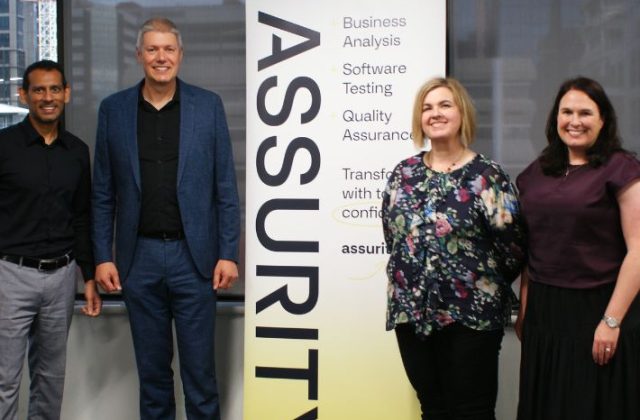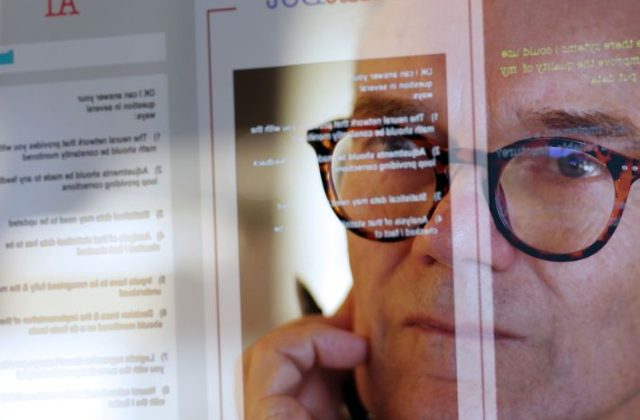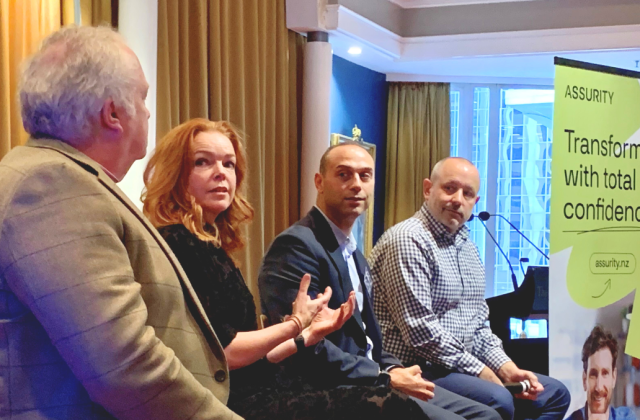Date: 01 April 2019
New Zealand organisations must make strategic decisions to focus on diversity and inclusion in order to survive – and thrive.
With the challenge of increasing business expectations, needs, demands and competition, organisations need a way of staying ahead or help simply surviving. One way of achieving this is by creating a diverse and inclusive culture. As Simon Sinek puts it, “Diversity is no longer about colour or race, it’s about perspective, to be open to the idea that other people have a life perspective”.
Advertising Agency 72andSunny raise a good point that “Naturally, it’s a human response to think “What’s in it for me?”. More often than not the conversation around equality is exclusively kept on the moral high ground. A more powerful and sustainable way to look at diversity and inclusion is how it affects both organisations and people as individuals.”
A recent Deloitte study highlights research that shows “teams that operate in an inclusive culture outperform their peers by a staggering 80%”. McKinsey & Company’s research breaks this down further, stating that organisations that embrace diversity and inclusion win the war for talent, strengthen their customer orientation, have better decision making, increase employee satisfaction – and this focus enhances their company brand. With these outcomes, diversity and inclusion is something organisations can no longer turn a blind eye to if they want to survive.
At Assurity, we have a workforce gender split of 43:57 female to male. Our workforce age spans from 21 to 62 and identifies as being from over 25 different countries. We respect each other’s differences and appreciate that, when combined, these unique skills and experiences create a stronger team. As a consulting company, we want the best outcomes for our clients so embracing our differences and leveraging everyone’s unique experiences and talents is critical to enrich our solutions.
An integral part of our company DNA
I’ll be quick to admit that Assurity hasn’t had a ‘diversity and inclusion strategy’ in place. We’re lucky that our open and respectful culture, as well as other wellbeing and community events, have been an integral part of our company values and DNA. However, we are aware we can be more intentional and do more in this space so we’re excited to be starting our diversity and inclusion journey. We are just starting to design our journey, our success measures, first actions and longer term goals.
We enter this journey understanding that working on a diverse and inclusive culture is not only an organisation’s commitment, but an individual one too. We’re committed to this journey and excited to see what lies ahead.













